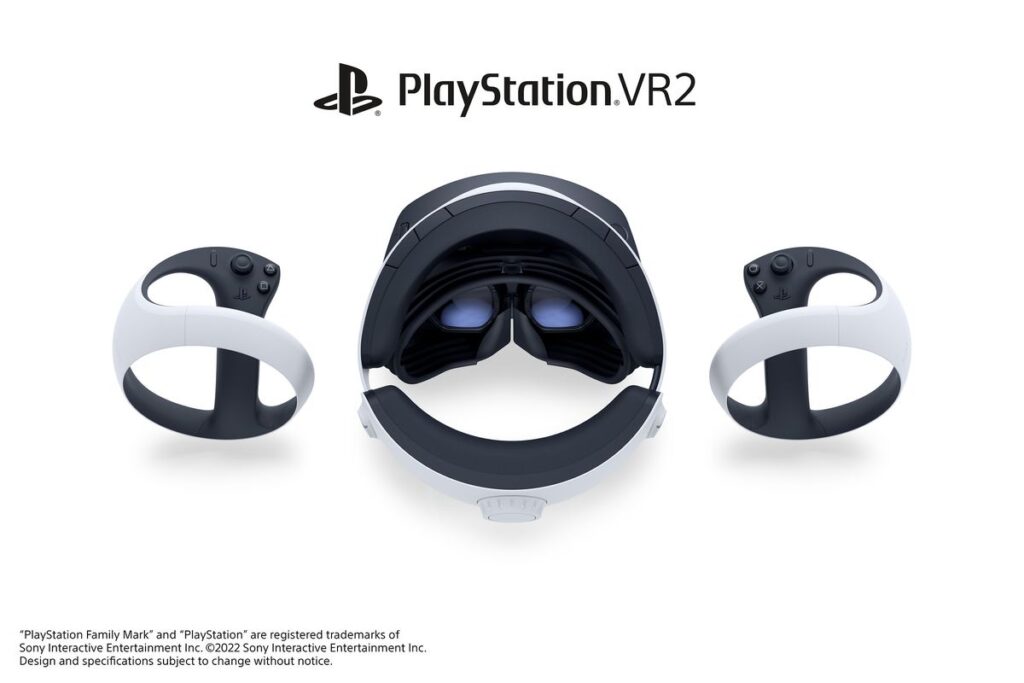Shared from www.theverge.com
Sony has finally revealed the design of its next-generation PlayStation VR2 headset, after it announced it in February 2021, showed off the controllers last March, and confirmed it would be called PlayStation VR2 in January.
The new design features a similar white-and-black color scheme as the PlayStation 5 (the company says the two products were designed with each other in mind), and while it features the same broad design as the original PS VR, the new model also brings a few enhancements, including a lens adjustment dial, a new vent design, and a slight reduction in weight. And similar to the PlayStation 5 and its DualSense controller, the PS VR2 has tiny textured PlayStation icons hidden on the front and back bands of the headset.
It’s been over five years since the original PSVR came out, and it’s definitely due for an upgrade. While you can use it with the PS5, you need to use a special adapter and the experience is decidedly last-gen. Sony has also been making other VR moves that were awkward without an updated headset to go with the PS5, like giving out free VR games to PlayStation Plus members.
The headset supports haptic feedback, eye tracking, 4K HDR, 90/120Hz frame rates, foveated rendering, and a field of view of 110 degrees, and it connects to the PS5 with a single USB-C cable.
The PlayStation VR was the original affordable VR headset, requiring neither a beefy gaming PC nor $800 worth of additional gear. At $400-$500, it turned buyers’ existing PS4 game consoles into a modestly capable rig back in 2016, and it only got more affordable since then.
But it’s also worth remembering that the PSVR was part of the very first wave of consumer VR headsets, alongside the original Oculus Rift and HTC Vive, both of which have had numerous successors with huge improvements in optical quality, field of view, and general immersion since then. With the original PSVR, you could only walk around an extremely tiny space directly in front of your PS4 and interact with virtual worlds with a pair of wands that could emulate grasping and ungrasping at best — a far cry from the juggling you can do with modern controllers or the virtual hands with individual fingers you can get with a Valve Index controller today.
The PSVR’s rudimentary single-camera tracking system also meant it was risky to turn your body fully away from the TV or else it might lose track of your hands.
Now, though, Sony has to compete with headsets like the computer-free Oculus Quest 2, the finger-tracking Valve Index, and the high-resolution HP Reverb G2. VR hardware has matured a lot since the first PSVR, and its PlayStation Move controllers, and now Sony has to prove that it can still provide a compelling experience (and the games to go with it). It’s already announced one game being made for the system: Horizon Call of the Mountain, which it says is built “specifically for PS VR2 and will open the doors for players to go deeper into the world of Horizon.”
While today’s reveal has answered the biggest question about the PS VR2, there’s still a lot we don’t know about the upcoming headset, like its price or release date, although presumably Sony will have more to share on the topic soon.
Images and Article from www.theverge.com

